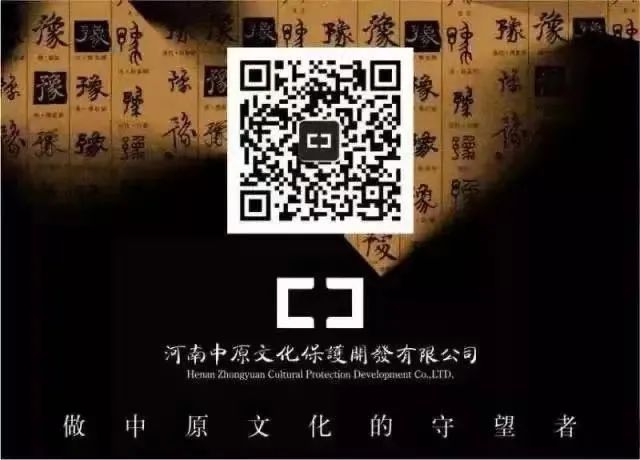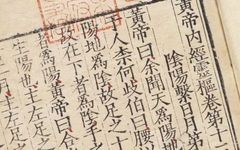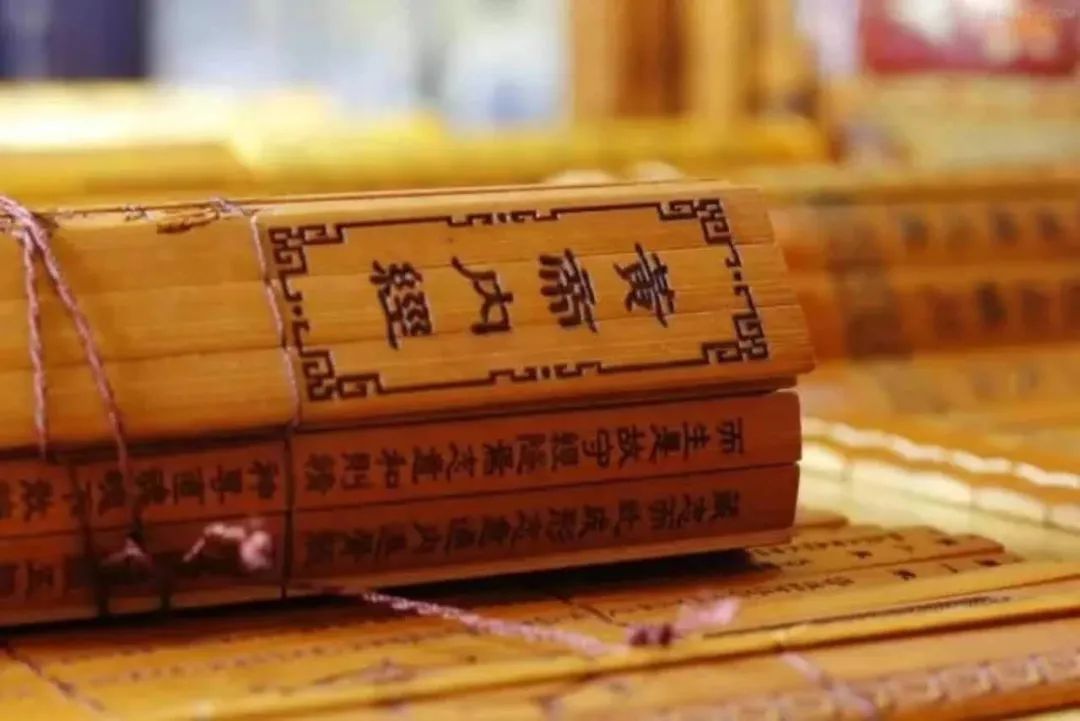


What is the Huangdi Neijing?
Throughout Chinese culture, it has been difficult to define its connotations. It encompasses all of Chinese culture, without distinction between the refined and the mundane.
Generally speaking, when mentioning the Yellow Emperor, one thinks of the Huangdi Neijing, considering it merely an ancient Chinese medical text. However, from a historical perspective, its authorship and dating are hard to verify.
As a result, it has increasingly been undervalued by the public, and even among medical practitioners, its importance has diminished over generations. The gap between modern simplified characters and traditional Chinese characters has made it harder to understand.
In summary, the Huangdi Neijing is not just a medical book; it encompasses the realms of “medicine for the world, medicine for people, medicine for the nation, and medicine for society,” covering all aspects of the heart and mind in medicine.
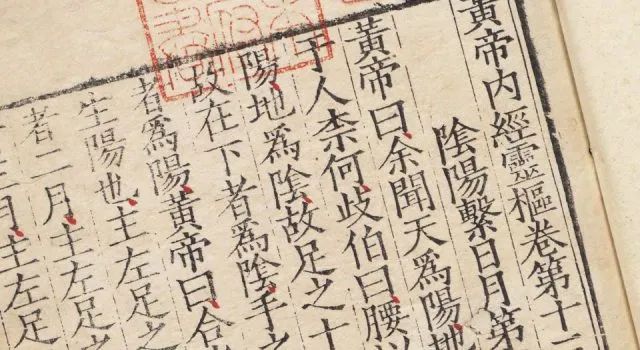


Reading Ancient Texts: A Methodology
When we first open the Huangdi Neijing, the first thing that catches our eye is the first chapter, “On the Heavenly Truth of Antiquity,” which seems to start from Chinese metaphysics and philosophy, making it difficult to read and comprehend.
In fact, when reading classical Chinese texts, one should not apply the superficial logic of Western cultural texts learned after the seventeenth century, as this leads to confusion and misunderstanding.
The habit of classical Chinese culture is primarily based on casual dialogue, which has its own logic, rather than establishing premises, elaborating, and then concluding. Viewing classical Chinese culture through the lens of post-medieval Western logic can be off-putting.
For instance, while Western logical writing is considered complete, this is not entirely true. If one examines Indian cultural Buddhist logic, such as the translations by Xuanzang of the Yogācārabhūmiśāstra, it becomes clear that post-medieval Western logic is merely a new and emerging field.
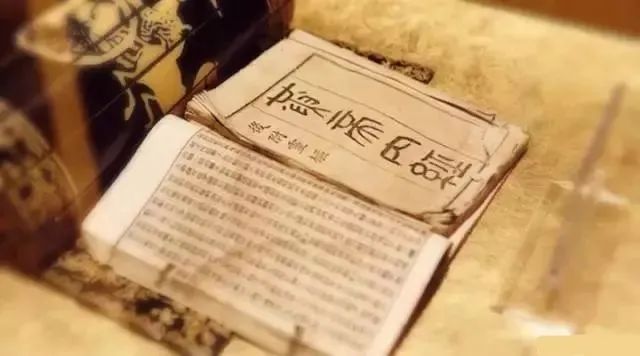


Key Points of the Huangdi Neijing
To return to the main topic, the true key points of the Huangdi Neijing are scattered throughout its chapters, sometimes in one or two sentences, or more, with the most important being the three essential principles mentioned in the chapter “On Pain.”
The Yellow Emperor asked: “I have heard that those who speak well of heaven must have evidence in people. Those who speak well of antiquity must have relevance to the present. Those who speak well of humanity must have self-reflection. If so, then the way is not confused and the essentials are clear, which is called clarity.”
Reading this, the central theme of the entire Huangdi Neijing is centered on “medicine (longevity) for the world, medicine (longevity) for people, medicine (longevity) for the nation, and medicine (longevity) for society,” starting with how to nurture life and longevity.
For example, regarding the concept of “the unity of heaven and humanity,” it states “those who speak well of heaven must have evidence in people.” If one only discusses abstract astronomy or tangible celestial bodies without relating it to life, existence, and living, it becomes an empty academic ideal, not without use, but rather a divergence from the truth, as it must have practical applications and experimental experiences in human affairs.
Furthermore, “those who speak well of antiquity must have relevance to the present.” To understand the past, one must also understand the present; any knowledge that only discusses the present without connecting the causal relationships of the past and present is prone to bias, which is unacceptable.
Thus, “those who speak well of humanity must have self-reflection.” In governance or medicine, everything must begin with self-experimentation before treating or governing others; “if so, then the way is not confused and the essentials are clear, which is called clarity.”
In summary, this passage encapsulates the essence of the Huangdi Neijing and the key points of the Huang-Lao school of thought, which are principles that permeate politics, economics, education, military affairs, and any discipline.
